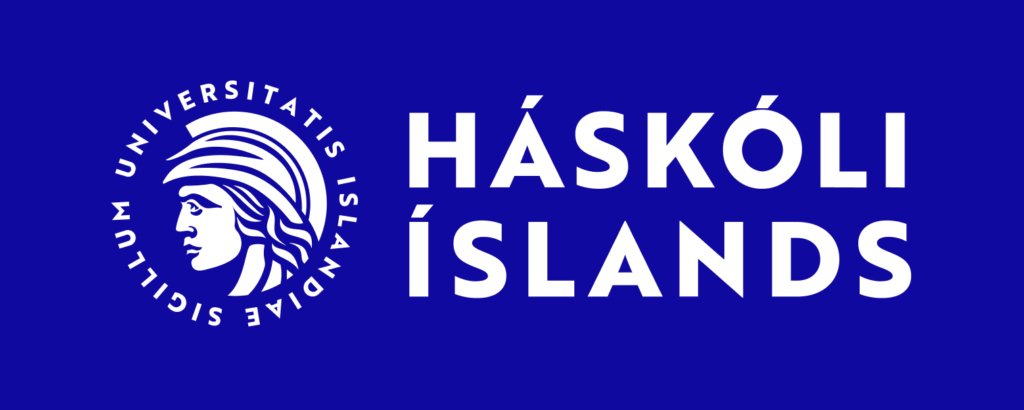Höfundur:Ephraim Esene Ahiagba
Leiðbeinandi: Ásthildur Jónsdóttir
Ágrip/efni:
This master’s project discusses the possibilities of art in promoting students’ interest in the ocean and its properties. People’s increased interest in nature, including the ocean, provides the prerequisites for sustainable development. By planning and implementing interdisciplinary curriculum with a focus on ocean and coastal pollution in Iceland, I look for ways to develop my practice as a teacher. The project was carried out in collaboration with the 4th grade of Landakotsskóli and two museums; Iceland Natural History Museum and Iceland Art Museum. The expertise of the marine biologists and the art historian gave the project an interdisciplinary approach that contributed to the students learning about the ocean from diverse perspectives. In addition, I worked graphically with the students at school by drawing on their memories and experiences of the ocean.
Using the action research methods employed in this research, I highlight the aspects I learned in the process, which underpins my theory of practice. The theoretical basis of the research is based on research on how visual art can create conditions for sustainability education and transformative learning. Both with aesthetic references and by dealing with environmental issues that increase awareness and a sense of the challenges of sustainability.
The results of the research indicate the importance of the education system developing from formal education to transformative education that encourages students to take a stand with nature. The emphasis is on values, critical and creative thinking, and experiential learning that can be used in sustainability education. In the essay, I connect the focus of the United Nations with the analytical framework Connecting the Dots as well as Stephen Sterling’s ideas about transformative sustainability learning and John Dewey’s ideas about experiential learning. The results show that a transformative approach that engages students through the creative arts supports critical thinking that opens new perspectives for students to take responsibility for the environment around them. As a teacher, I have to step out of my comfort zone and give students bigger role in decision-making about what and how they learn by connecting to their experiences and interests.

